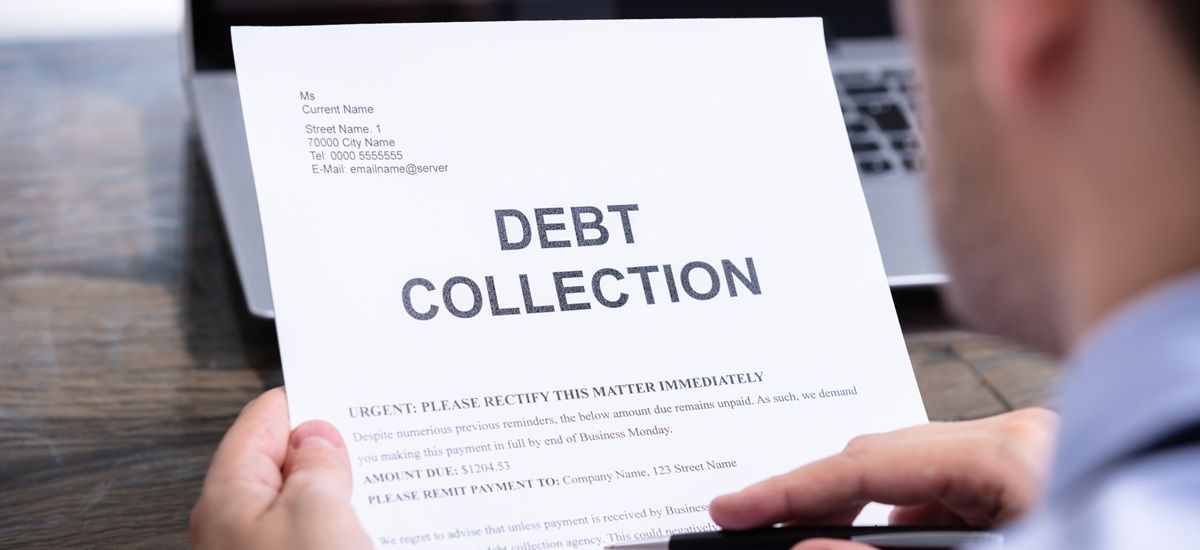There are two debt collection methods in Canada: the amicable and the court procedure. However, when dealing with recovering outstanding amounts of money in this country, it is important to note that the process depends on the province or territory where the debt arose. As such, our Canadian lawyers invite you to find out what to do when needing to recover debt in the country.
Table of Contents
Debt collection steps in Canada
Here are the steps to start collecting a debt in this country:
- reaching out to a Canadian law firm or debt collection agency;
- providing them with all the documents that attest to the building up of the debt;
- contacting the debtor for an amicable settlement (through lawyers or an agency).
In most cases, working with a collection agency or a lawyer will render the desired results; however, if this procedure fails, the creditor can also file a Statement of Claim with a local court.
Our lawyers in Canada can advise on such matters depending on the circumstances and the type of debt we need to chase.
What to consider before starting the debt collection process in Canada
The Canadian government has strict regulations about the debt recovery process. They apply nationwide and imply that the agency or lawyer informs the debtor about the following:
- who the creditor is;
- information about the type of debt and the due amount;
- the name of the debt collector;
- details about what enables the collection agency or lawyer to collect the debt;
- information about the rights of debtors.
In Canada, the rights of debtors are covered by several regulations; this is one of the reasons it is advised to rely on local lawyers or specialists for the debt collection procedure.
Timeline for the amicable debt collection procedure in Canada
It is important to note that the amicable debt recovery process must follow a specific timeline which implies:
- sending the debtor a written notice;
- waiting at least 6 working days before contacting the debtor by phone to demand or try to collect the due amount;
- after these 6 days, it is possible to contact the debtor no more than 3 times within 7 days for payment.
Contact hours are also established by law, and imply that the debtor can be contacted only:
- 7 a.m. to 9 p.m. from Monday to Saturday;
- 1 p.m. to 5 p.m. on Sundays.
The same rules apply to Canadian citizens and residents. As such, if you hold a Canadian residence permit, you will be subject to the same treatment as citizens.
Court proceedings in debt recovery in Canada
Debt collection cases do not reach court very often, as the law is made so that any amount of money can be recovered through the amicable procedures. As such, when going to court, the Small Claims Procedure usually applies in the case of natural persons. This implies:
- filing a Statement of Claim;
- submitting evidence about the debt;
- based on the evidence, the judge will issue a Payment Order.
After the issuance of the payment order, a judge can also make a Payment Hearing during which the terms of settling the debt will be decided. They can entail:
- establishing the date for the payment;
- ruling for the debt to be paid in instalments;
- making the debt recovery process available right away if the debtor refuses to pay.
Please note that in this case, legal representation is required. You can rely on our law firm in Canada for assistance.
Debtor protection in Canada
The Financial Consumer Agency is the body that protects the rights of consumers of financial products. It supervises banks and other financial institutions and sets out educational programs for Canadian citizens when contracting various types of loans.
If you are dealing with a debt collection case and need support, please contact us. We can help you recover or pay a debt without going through the judicial procedure.

